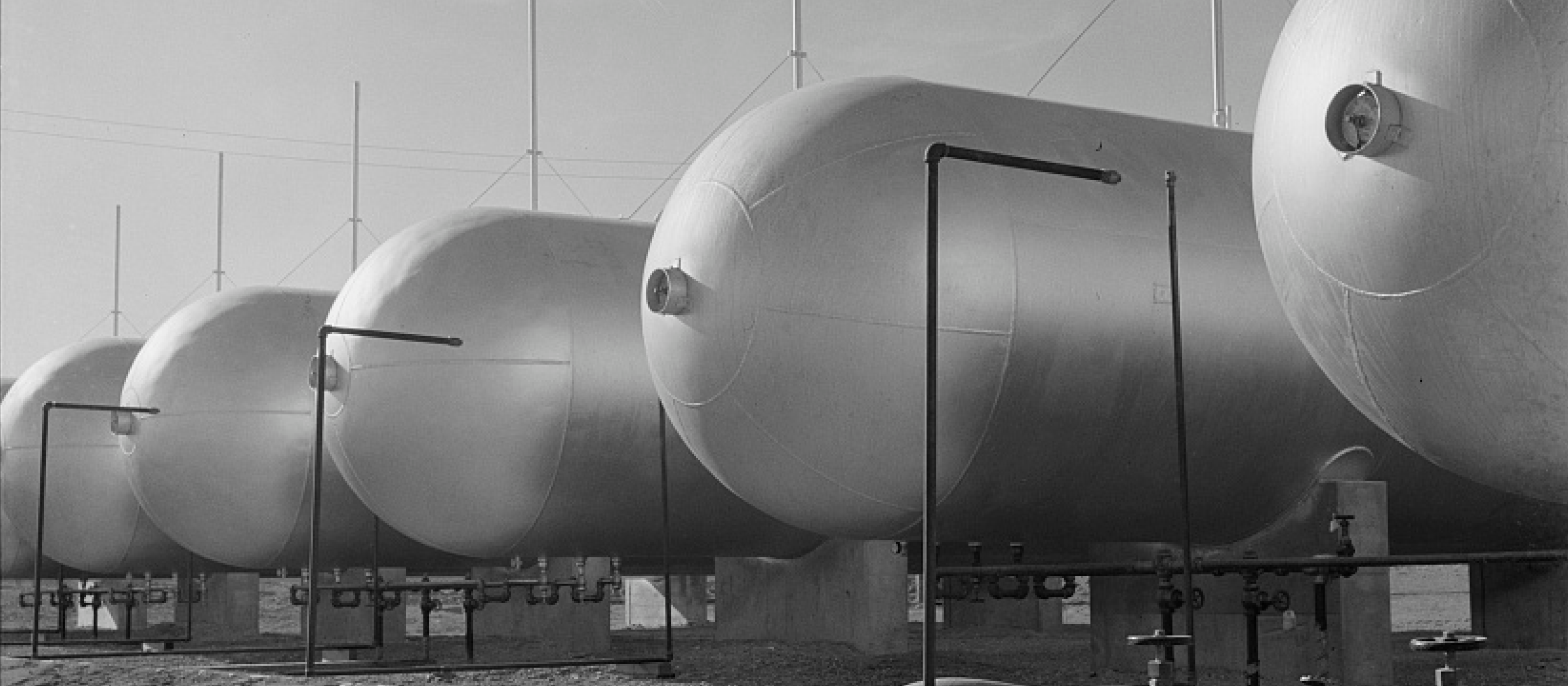

The pursuit of energy independence has been a long-standing goal for the United States, a nation deeply invested in securing its energy future. With global energy markets experiencing frequent fluctuations, the need for a stable, reliable domestic energy source has never been more critical. One often overlooked but vital component in this energy matrix is propane. This article delves into the importance of US energy independence and the pivotal role propane plays in achieving this objective.
The United States ranks as the second-largest producer of propane in the world. In 2021, the U.S. accounted for approximately 30.2% of global propane exports, with a total export value of $20.4 billion. This placed the U.S. just behind Qatar, which led with $25.5 billion in propane exports (National Council On Energy) (Mordor Intel).
In terms of export volume, U.S. propane exports have been steadily increasing, reaching record levels in recent years. For example, in December 2023, U.S. propane exports hit a new high of 1.9 million barrels per day (EIA Energy Info) (EIA Energy Info).
Overall, the U.S. plays a significant role in the global propane market, driven by its robust production capabilities from both natural gas processing and crude oil refining (National Council On Energy).
The Importance of US Energy Independence
Energy independence refers to the ability of a nation to meet its energy needs without relying on foreign imports. This concept is crucial for several reasons:
National Security: Reducing dependence on foreign energy sources minimizes the geopolitical risks associated with energy supply disruptions.
Economic Stability: Domestic energy production creates jobs, supports local economies, and reduces the trade deficit.
Environmental Benefits: Leveraging local resources can lead to better environmental management and the promotion of cleaner energy sources.
Propane: An Underappreciated Energy Source
Propane, a byproduct of natural gas processing and petroleum refining, is a versatile energy source used across various sectors, including residential, commercial, industrial, and agricultural. Here’s how propane contributes to US energy independence:
Residential and Commercial Use
Propane is a common energy source for heating, cooking, and powering appliances in homes and businesses. Its clean-burning properties make it an environmentally friendly option compared to other fossil fuels. By using propane, households and businesses can reduce their carbon footprint while also decreasing reliance on electricity generated from coal or imported natural gas.
Industrial Applications
In the industrial sector, propane is used for metal cutting, soldering, and heat treating. Its high energy output and efficiency make it an ideal choice for these processes. By adopting propane, industries can lower their operational costs and enhance energy security.
Agricultural Benefits
Propane is extensively used in agriculture for drying crops, heating greenhouses, and powering farm equipment. Its reliability and efficiency help farmers maintain productivity, especially in remote areas where access to the electrical grid may be limited. This use of propane supports the agricultural sector's contribution to the national economy while promoting energy independence.
Transportation Fuel
Propane, also known as autogas, is an alternative fuel for vehicles. Propane-powered vehicles emit fewer greenhouse gases and pollutants compared to gasoline or diesel engines. Expanding the use of propane in transportation can significantly reduce the nation’s dependence on imported oil and contribute to a cleaner environment.
Propane’s Environmental Advantages
One of the key advantages of propane is its low environmental impact. Propane combustion produces fewer greenhouse gases and pollutants than many other fossil fuels. This makes it an attractive option for reducing the carbon footprint and combating climate change. Furthermore, propane is non-toxic and does not contaminate soil or water, providing an added layer of environmental protection.
Propane Infrastructure and Supply
The US has a robust propane infrastructure, including extensive storage and distribution networks. This infrastructure ensures a stable and reliable supply of propane across the country. Additionally, the US is a net exporter of propane, meaning the nation produces more than it consumes, further solidifying its energy independence.
Government Policies and Propane
Government policies play a crucial role in promoting energy independence and the use of alternative fuels like propane. Incentives for adopting propane in various sectors, research and development funding, and environmental regulations that favor cleaner energy sources all contribute to the growth of the propane industry.
Achieving energy independence is a multifaceted challenge that requires a diverse mix of energy sources. Propane, with its versatility, efficiency, and environmental benefits, is a critical component of this mix. By embracing propane, the US can move closer to energy independence, ensuring a stable, secure, and sustainable energy future.
To learn more about propane and its role in US energy independence, explore our resources and consider how you can integrate propane into your energy solutions. For more information, visit Propane Education & Research Council or Energy.gov.















